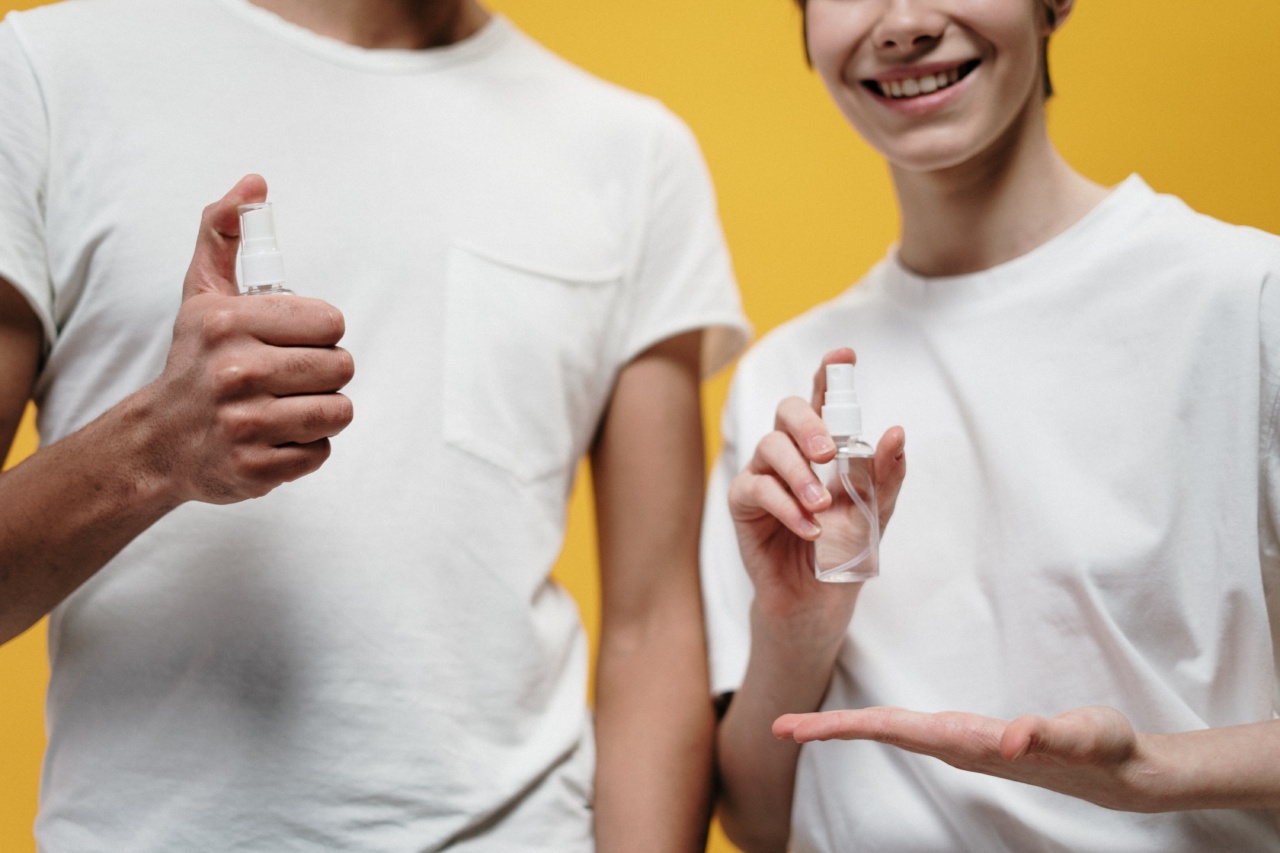Alcohol consumption has become a common social activity in the modern world. Many people enjoy wine, beer, or spirits with a friend or two during the week.
While moderate alcohol consumption is generally considered safe for most individuals, it can have negative consequences for some, including infertility for women. According to studies, alcohol intake can impact the menstrual cycle, increase the risk of miscarriage, and affect female fertility.
This article will explore the relationship between alcohol consumption and female fertility, and provide some advice on what the safe amount of alcohol might be.
Alcohol and the Menstrual Cycle
Alcohol can cause disruption to the menstrual cycle, which is a crucial aspect of female fertility. Moderate to heavy drinking may lead to changes in the duration and frequency of female periods, as well as cause ovulation problems.
A study published in the Journal of Fertility and Sterility found that women who consumed an average of one alcoholic drink per day had a shorter menstrual cycle compared to those who consumed less alcohol. Additionally, alcohol can delay ovulation, which can result in irregular periods, making it difficult for couples to conceive.
Alcohol and Miscarriage
Alcohol consumption can also increase the risk of miscarriage. A study published in the British Medical Journal found that women who consumed more than two drinks per week were more likely to experience a miscarriage than women who drank no alcohol.
This is because alcohol can interfere with the implantation process, making it more difficult for an embryo to attach to the uterus. Additionally, alcohol can damage chromosomes in the egg, making it more challenging for the egg to fertilize correctly. Women who are pregnant or trying to conceive should avoid alcohol altogether.
Alcohol and Female Fertility
The relationship between alcohol consumption and female fertility is complex. Research suggests that women who consume more than moderate amounts of alcohol may experience reduced fertility.
In a study published in the Journal of Obstetrics and Gynecology, it was found that women who consumed 14 or more drinks per week had a 43% higher risk of infertility than women who drank less. It is believed that alcohol can negatively impact the development of the ovarian follicle, decreasing the number of healthy eggs that are released each month.
Furthermore, heavy alcohol consumption can lead to hormone imbalances which can also affect fertility.
What is the Safe Amount?
While some studies suggest that small amounts of alcohol are safe for women who are trying to become pregnant, the best advice is to avoid alcohol entirely if possible.
However, for those who can’t imagine giving up alcohol entirely, it is recommended that women should not consume more than one alcoholic drink per day. One drink is equivalent to a 12-ounce beer, a 5-ounce glass of wine, or a 1.5-ounce shot of hard liquor.
Conclusion
Alcohol consumption and female fertility are closely related. Drinking alcohol, even in small amounts, can impact the menstrual cycle, increase the risk of miscarriage, and reduce fertility.
Women who are trying to conceive or who are pregnant should avoid alcohol altogether. For those who choose to drink, the recommended safe amount is one drink a day or less.






























